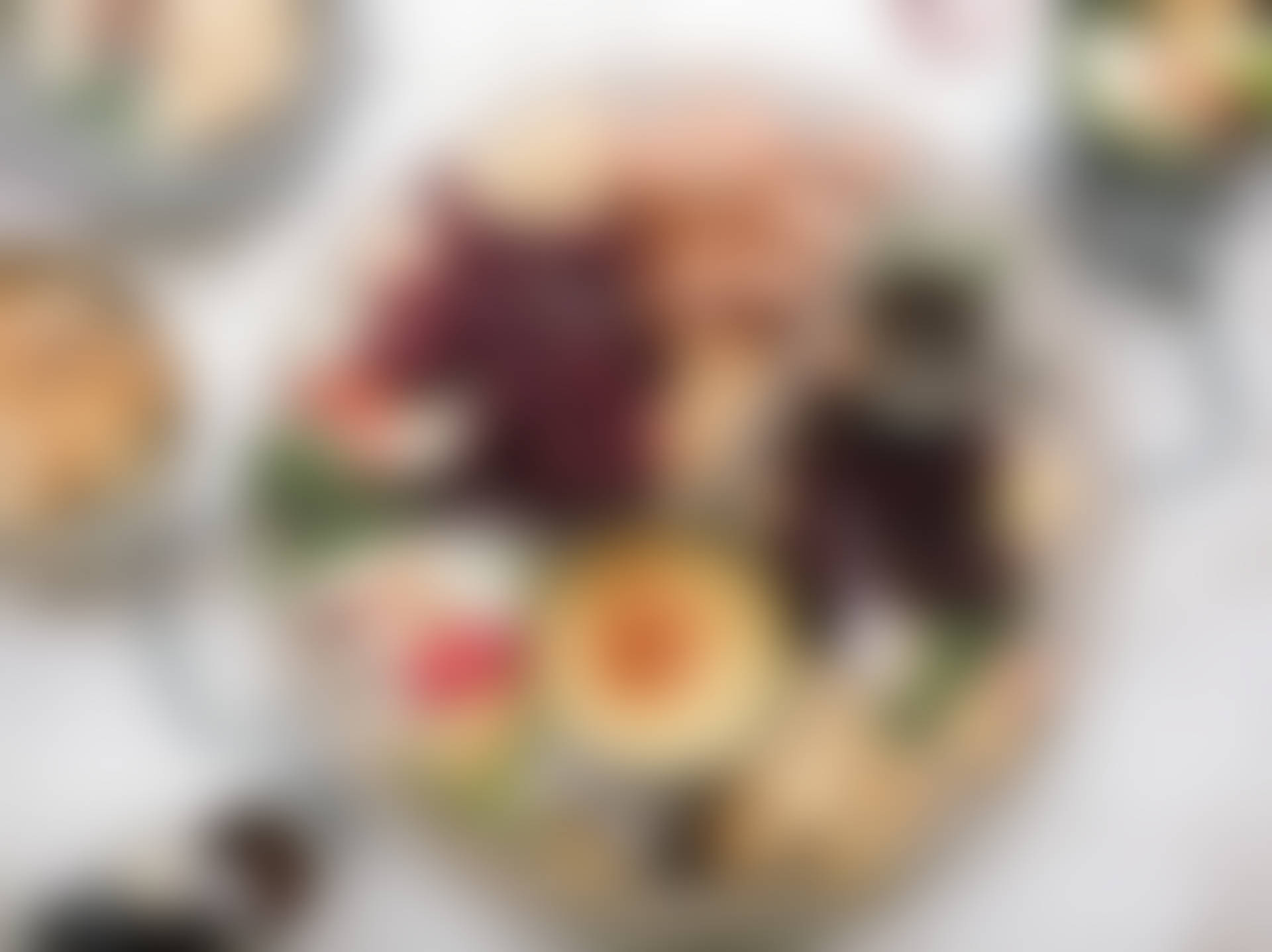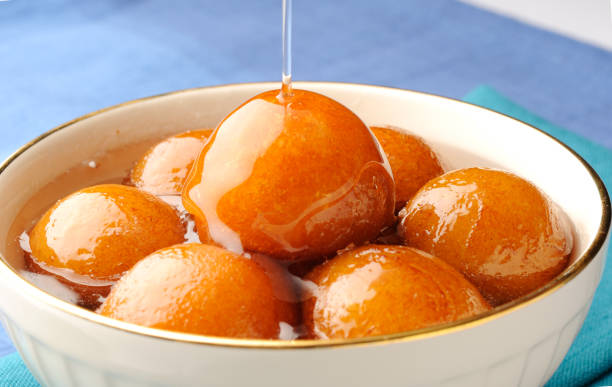
The sweetness of sweets is one of the reasons why many people enjoy them. Islamic law requires Halal Desserts and Sweets – Biriyani Kabob House, so Muslims cannot eat certain sweets.
Sweets have always been an important part of Muslim culture. Muslim sweets, particularly halal sweets, have been enjoyed by Muslims since the beginning of time. Muslims spread worldwide, mixing different cultures, resulting in some of the world’s most mouth-watering sweets.
Halal Sweets: Why You Need Them
If halal sweets taste the same as regular ones, some may wonder why they are necessary. According to Islamic law and the Quran, halal sweets must abide by these rules. Therefore, they also follow Muslim dietary guidelines. We consume clean and pure food as a result of this.
Halal sweets are made using animal products derived from humanely slaughtered animals.
Halal Sweets: What Are They?
Halal gelatin comes from halal animals, such as cows and chickens. It is necessary to slaughter the animal in a certain way and to extract the gelatin in a certain way. The label should indicate if the gelatin is halal since many manufacturers use gelatin that is not halal.
Pork gelatin is found in many sweets on the market. Pork gelatin is not present in halal sweets. Similarly, according to Islamic law, only halal beef gelatin comes from animals slaughtered.
Sweets cannot contain alcohol if they are to be considered halal. There is no difference between halal and haram sweets based on their flavor; only their ingredients are important. It is usually only the ingredient list that distinguishes halal from haram sweets.
Halal Sweets: What They Are Made Of
In many sweets and desserts, gelatin is a common ingredient. Unless the gelatin is Halal, it is made from animal products, usually pork or pork by-products. Beef gelatin must be approved as Halal for Halal sweets. As a result, only Halal gelatin can be used.
Here are three popular halal sweets
Delights from Turkey
It is well known that Turkey produces halal sweets and Turkish delight or Lokum is one of the most popular types. Made from starch and sugar, these melt-in-your-mouth confections are flavored with natural aromatics such as rosewater, mastic, Bergamot oranges, or lemon. Pistachios and hazelnuts are sometimes added to the mix, often dusted with icing sugar or cocoa powder.
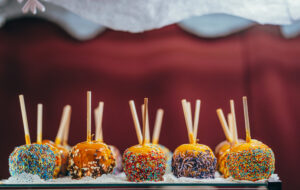
Kunafa
Phyllo pastry filled with cheese and soaked in sugary syrup is Kunafa. Pistachios and almonds are often sprinkled on top.
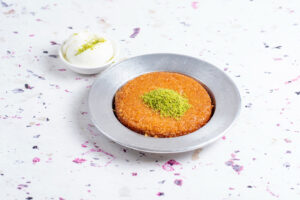
Sweets (halva)
Middle Eastern countries are known for their love of halva, a sweet treat. Various nuts, pistachios, almonds, and tahini (sesame paste) are often used to flavor it. As a snack or dessert, it has a crumbly texture.
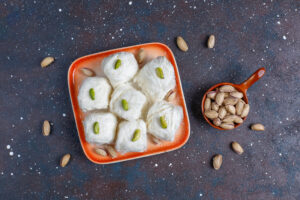
In conclusion
The ingredients used in Halal sweets are not prohibited in Islam. Alcohol, gelatin, and certain kinds of flavoring are included in this category. Turkish delight, kunafa, and halva are some of the most popular halal sweets.
Whether you’re looking for boiled sweets, fizzy sweets, candy canes, or chocolate, Wholesale Sweets offers them all. Our sweets are available in halal, vegan, sugar-free, and gluten-free varieties to meet specific dietary needs. You’ll feel like a kid in a candy store no matter what you need! Your wedding will be a dessert blast if you buy sweets in bulk!
